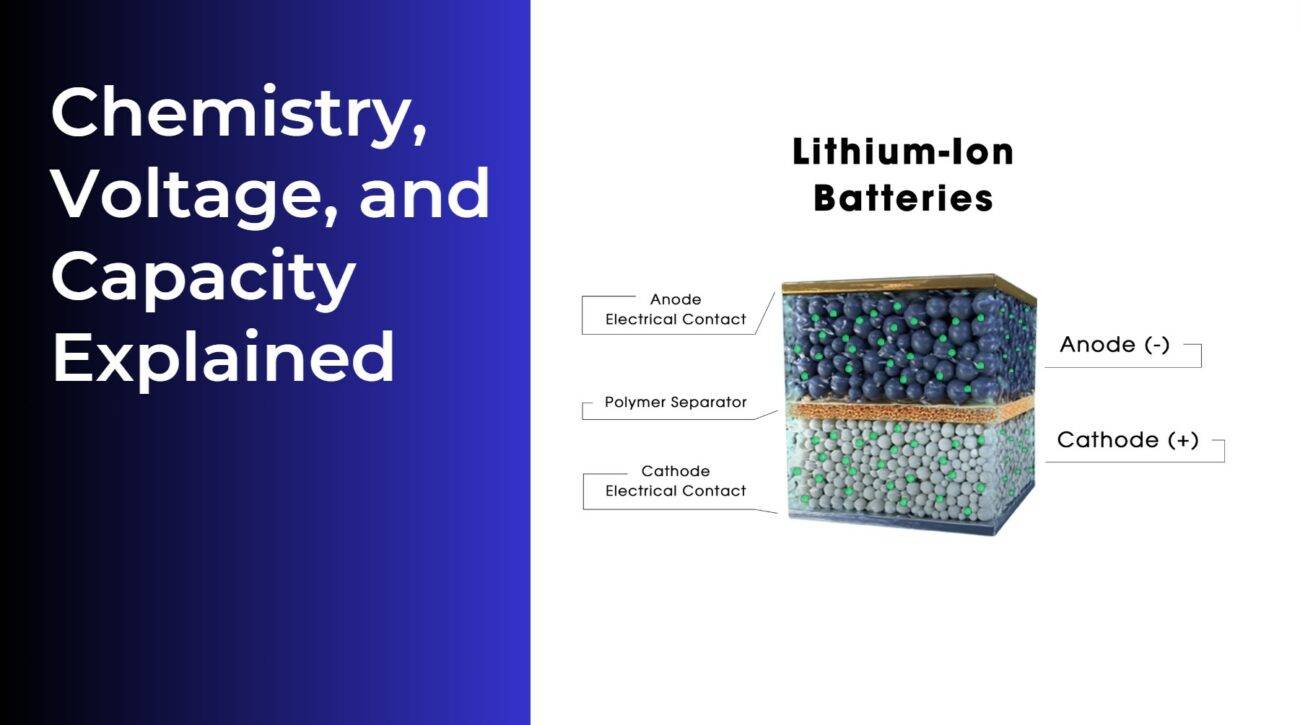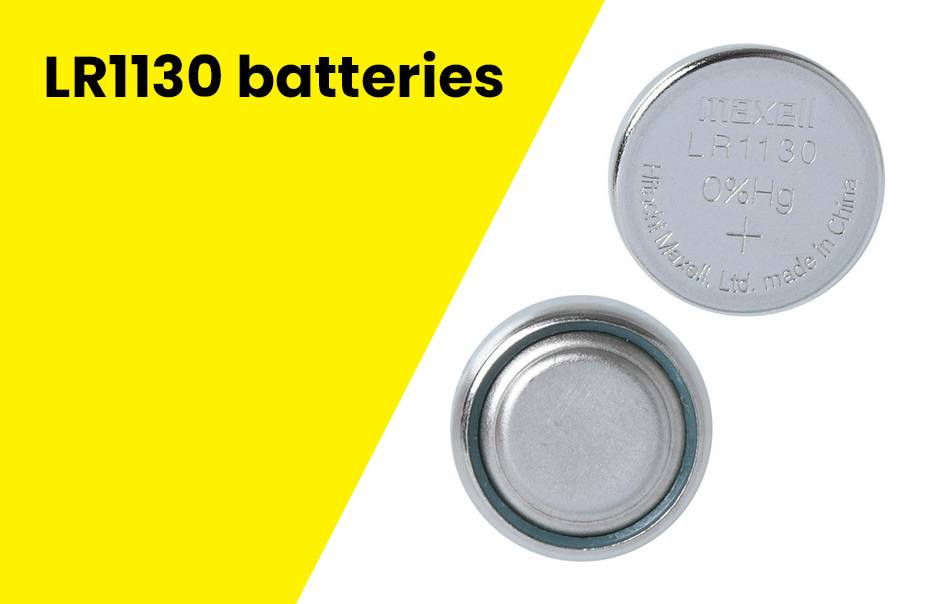Understanding Battery Capacity: Ah Explained
Understanding Battery Capacity: Ah Explained
Let’s start by demystifying the term “Ah” and what it means in relation to battery capacity. Ah, or ampere-hour, is a unit of measurement that represents the amount of charge a battery can deliver over time. In simpler terms, it measures how long a battery can keep your device running.
Think of it like a fuel tank in your car – the larger the tank (or higher Ah rating), the more fuel (or charge) you have available. So, if you have a 5Ah battery, it theoretically has enough power to provide 5 amps of current for one hour or 1 amp for five hours.
It’s important to note that higher Ah batteries typically have larger physical sizes and heavier weights due to housing more cells. This means they might not be suitable for small devices with limited space constraints.
Additionally, understanding battery voltage is crucial when considering capacity. Voltage and capacity work together to determine overall energy storage potential. While higher voltage increases power output, it doesn’t necessarily mean longer runtime without an adequate capacity.
So remember, when evaluating batteries based on their Ah ratings alone, don’t forget about other factors such as voltage and size requirements specific to your device’s needs. Now that we’ve grasped this concept let’s dig deeper into whether a higher Ah rating directly translates into longer runtime!
Does a Higher Ah Battery Mean Longer Runtime?
Does a Higher Ah Battery Mean Longer Runtime?
One of the most common misconceptions about batteries is that a higher Ah rating automatically translates to longer runtime. However, this is not always the case. While it’s true that a higher Ah (ampere-hour) rating indicates a larger capacity and potentially more energy stored, other factors come into play when determining battery life.
The truth is that runtime depends on how much power your device requires and how efficiently it can utilize the available energy. A higher capacity battery may offer longer runtime if your device demands a lot of power or if it has low efficiency. On the other hand, if your device doesn’t require much energy or has high efficiency, a lower capacity battery could suffice.
It’s important to consider both the voltage and current requirements of your device when choosing a battery. The combination of these two factors determines the power drawn from the battery and ultimately affects its runtime.
Moreover, external conditions such as temperature can also impact battery performance. Batteries tend to discharge faster in extreme temperatures – be it too hot or too cold – which can affect their overall lifespan.
While a higher Ah rating can provide more potential energy storage, it doesn’t guarantee longer runtime for every situation. Understanding your specific needs and considering various factors will help you choose the right battery for optimal performance and longevity.
Factors That Affect Battery Life
Factors That Affect Battery Life
There are several factors that can have an impact on the overall battery life of your device. One important factor to consider is the usage pattern. If you frequently use power-hungry applications or perform tasks that require a lot of processing power, your battery will drain faster.
The brightness level of your screen also plays a significant role in determining how long your battery will last. Higher brightness settings require more power, so reducing the brightness when possible can help conserve battery life.
Another factor to consider is the network connectivity. If you’re in an area with weak signal strength, your device may consume more power as it tries to maintain a connection. Additionally, activities such as streaming videos or playing online games over cellular data can drain the battery quickly.
Background processes and apps running in the background can also affect battery life. Some apps continue running even when not actively used, consuming valuable resources and draining the battery unnecessarily.
Temperature is another crucial factor affecting battery performance. Extreme cold or hot temperatures can significantly reduce overall capacity and shorten lifespan.
Additionally, older batteries tend to have reduced capacity compared to new ones due to wear and tear over time. So if you notice that your device’s battery isn’t lasting as long as it used to, it might be time for a replacement.
By understanding these factors that affect battery life, you can make informed decisions about optimizing usage patterns and settings on your devices for better efficiency and longer-lasting batteries.
Pros and Cons of Higher Ah Batteries
Pros and Cons of Higher Ah Batteries
When it comes to batteries, a higher Ah (ampere-hour) rating can offer several advantages. One major benefit is that higher Ah batteries generally have longer runtimes, allowing you to use your devices for extended periods without needing to recharge. This can be especially useful when using power-hungry devices or during outdoor activities where access to electricity may be limited.
Another advantage of higher Ah batteries is their ability to deliver more power. This means that they can provide the necessary energy for devices with high current demands, such as power tools or electric vehicles. With a higher capacity battery, you can expect improved performance and increased efficiency in these applications.
However, there are also some drawbacks associated with higher Ah batteries. One notable disadvantage is their larger size and weight compared to lower capacity options. If portability is important for you, then a smaller battery might be a better choice even if it has less overall capacity.
Additionally, higher Ah batteries tend to come with a heftier price tag than lower capacity ones. So if budget constraints are a concern for you, it’s worth considering whether the extra runtime and power justify the cost.
The decision about whether to choose a higher Ah battery depends on your specific needs and priorities. Consider factors such as runtime requirements, device compatibility, portability concerns, and budget limitations before making your final decision.
Remember that while higher Ah batteries may offer benefits in terms of longer runtime and increased power delivery capability, they might not always be necessary or practical for every situation. It’s essential to evaluate your unique circumstances carefully before investing in any battery solution
Choosing the Right Battery for Your Needs
Choosing the right battery for your needs is essential to ensure optimal performance and long-lasting power. With so many options available, it can be overwhelming to make the best choice. Here are some factors to consider when selecting a battery:
1. Battery capacity: The Ah rating determines how much energy a battery can store. Higher Ah batteries typically provide longer runtime, but they may also be heavier and more expensive.
2. Device compatibility: It’s important to choose a battery that is compatible with your device. Check the manufacturer’s recommendations or consult the user manual to determine the correct battery specifications.
3. Usage requirements: Consider how you will be using the device and what type of tasks it will perform. If you require extended usage without access to charging points, opting for a higher Ah battery would be beneficial.
4. Weight and size: Depending on your specific needs, you may need to prioritize portability over runtime. Higher capacity batteries tend to be bulkier and heavier, which may not be ideal for certain applications.
5. Budget considerations: While higher Ah batteries offer longer runtime, they often come at a higher cost compared to lower capacity options. Evaluate your budget constraints before making a final decision.
Remember that choosing the right battery involves striking a balance between capacity, device compatibility, usage requirements, weight/size considerations, and budget limitations.
Alternative Solutions for Longer Runtime
Alternative Solutions for Longer Runtime
While a higher Ah battery may seem like the obvious choice for extending your device’s runtime, it is essential to consider other options that can help you achieve the same goal without necessarily relying solely on battery capacity.
1. Power-saving settings: Most devices come with built-in power-saving features that allow you to optimize performance and reduce battery consumption. Adjusting screen brightness, turning off unnecessary background processes, and disabling push notifications are just a few ways to conserve energy.
2. External power banks: These portable charging devices have become increasingly popular in recent years. They provide an additional source of power when your device’s battery runs low, allowing you to continue using it without interruption.
3. Solar chargers: If you find yourself frequently outdoors or in areas with limited access to electrical outlets, solar chargers are an excellent alternative solution for keeping your devices powered up. Harnessing the sun’s energy, these chargers convert sunlight into usable electricity.
4. Battery cases or extended batteries: Some smartphones offer attachable battery cases or extended batteries specifically designed to increase their runtime significantly. These accessories effectively add extra juice without sacrificing portability.
5. Optimized usage habits: Simple changes in how we use our devices can also contribute to longer overall runtime. Closing unused apps, avoiding excessive multitasking, and limiting resource-intensive activities like gaming or streaming can help preserve battery life.
The decision of whether a higher Ah battery is better depends on individual needs and preferences. While it does provide longer runtime at the cost of increased weight and size, alternative solutions exist that offer flexibility without compromising performance.
By considering factors such as device usage patterns and accessing available alternatives like power-saving settings or external charging options, users can make informed choices about maximizing their device’s runtime while maintaining convenience and efficiency.
















